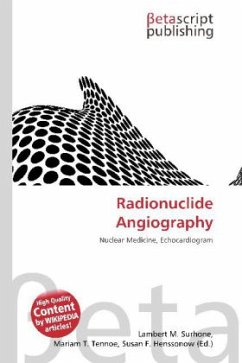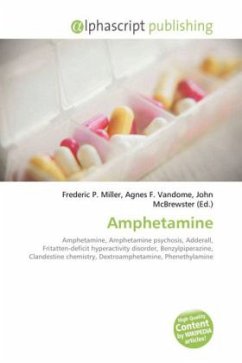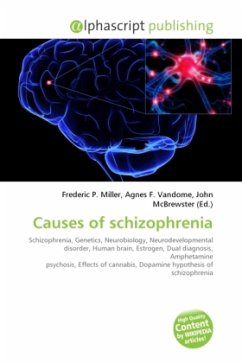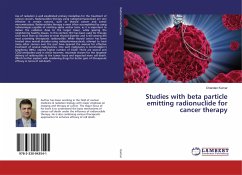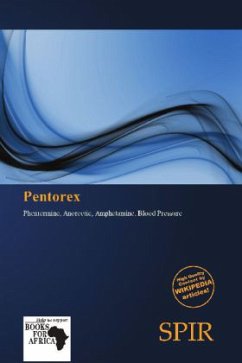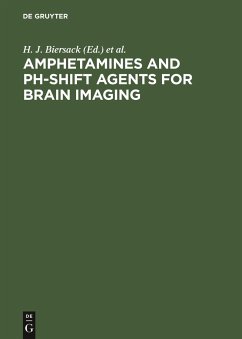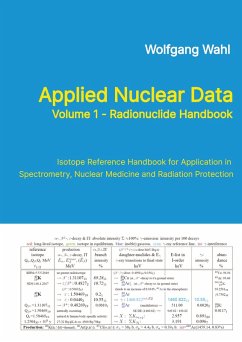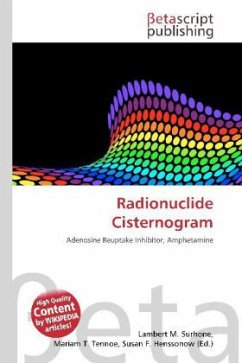
Radionuclide Cisternogram
Versandkostenfrei!
Versandfertig in 6-10 Tagen
36,99 €
inkl. MwSt.

PAYBACK Punkte
18 °P sammeln!
Please note that the content of this book primarily consists of articles available from Wikipedia or other free sources online. A radionuclide cisternogram is a medical imaging study which involves injecting a radionuclide by lumbar puncture (spinal tap) into a patient''s cerebral spinal fluid (CSF) to determine if there is abnormal CSF flow within the brain and spinal canal termed hydrocephalus. It may also evaluate a suspected leak (also known as a CSF fistula) from the CSF cavity into the nasal cavity. A leak can also be confirmed by the presence of beta-2 transferrin in fluid collected fro...
Please note that the content of this book primarily consists of articles available from Wikipedia or other free sources online. A radionuclide cisternogram is a medical imaging study which involves injecting a radionuclide by lumbar puncture (spinal tap) into a patient''s cerebral spinal fluid (CSF) to determine if there is abnormal CSF flow within the brain and spinal canal termed hydrocephalus. It may also evaluate a suspected leak (also known as a CSF fistula) from the CSF cavity into the nasal cavity. A leak can also be confirmed by the presence of beta-2 transferrin in fluid collected from the nose before this more invasive procedure is performed. The patient may be instructed to not eat or drink, or take medications such as aspirin or other blood thinners before the procedure. Pledgets can be inserted into the nasal cavity before the procedure when a CSF leak is suspected. The patient''s spinal fluid is injected with a radiopharmaceutical tracer, such as DTPA tagged with indium 111, through a lumbar puncture (spinal tap). The tracer will diffuse up the spinal column and into the brain.



